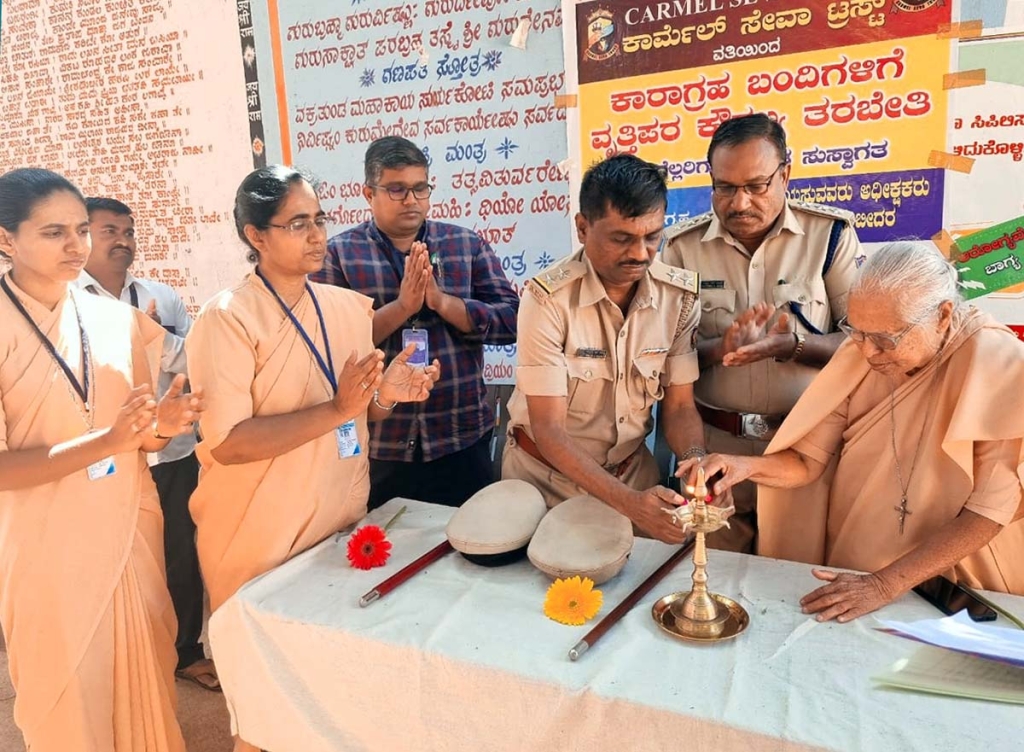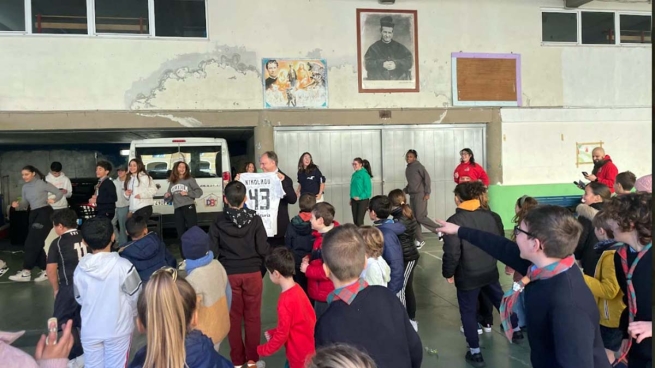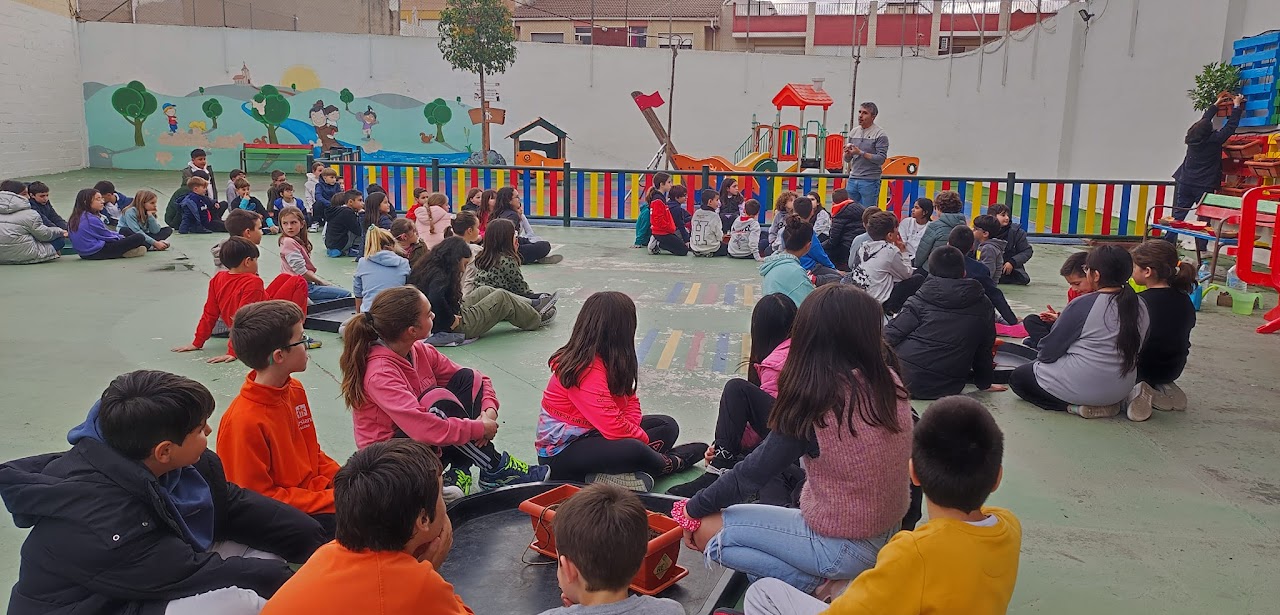SPAIN: Salesian Garelli House provides a home and education for older youth who came to Spain as unaccompanied minors

(MissionNewswire) Said and Moha are young migrants who arrived in Spain on boats while they were still minors. They were taken in at a reception center in Hortaleza, a district in Madrid, that was set up by the Spanish government to address the initial needs of unaccompanied minors. Now that they are both 20 years old, Said and Moha are continuing their studies and living with other youth as part of a Salesian program, Garelli House, in Madrid.
According to Salesian missionaries working in Madrid, the reception center in Hortaleza is currently at the point of collapse and the government does not foresee new finances being available for maintaining these kinds of programs for unaccompanied minors. Many young migrants have arrived in the Spanish capital after going through dire and unusual circumstances and yet, a number of the communities chosen to house them have refused to do so.
In the midst of this crisis are stories like those of Said and Moha that enable Salesian missionaries to view these young people as able to have a bright future when they come of age, through commitment and hard work.
Said, an Algerian, is the second of four brothers. Seeking a future with opportunities, he decided to embark on a voyage to Spain because he felt he did not have many opportunities in his home country. Moha felt the same. He left his mother and two brothers in the Ivory Coast. He explains, “I left my country for a very clear and powerful objective – to be able to help my family and pursue a better future.”
Moha landed on the Cadiz coast at Tarifa and ended up with Said at the reception center in Hortaleza. They were then sent to different programs but once they came of age, they reconnected and joined the Salesian Garelli House program in order to gain an education. They live with six other young men in the Madrid suburb of Carabanchel and are supervised by staff from the Pinardi Federation of Salesian Social Platforms which oversees the program.
Hard hit by the current economic troubles in Europe, Spain, although slowly improving economically, has the third highest rate of income inequality of the countries of the European Union. The richest 1 percent of the Spanish population accounts for a quarter of the national wealth, according to the World Bank. It also notes that 10.2 million people in Spain live below the poverty line, equivalent to a poverty rate of 22.3 percent.
Close to 37 percent of young Spanish workers under the age of 25 are unemployed and a growing number of them can’t afford to buy enough food to live. Poor youth with few employable skills struggle the most to find and retain stable employment. Women in Spain are also challenged in the workforce. They earn up to 14 percent less than men and represent only 34.5 percent of those listed as the highest earners in Spain.
Salesian missionaries have been working for many years to provide educational and workforce development opportunities for poor youth and women in Spain through residential and technical and vocational training programs.
###
Sources:
ANS Photo (usage permissions and guidelines must be requested from ANS)
ANS – Spain – The crisis of Unaccompanied Minors, Said: “I arrived here alone and I hope to learn so I can become a cook in my country”
World Bank – Spain




